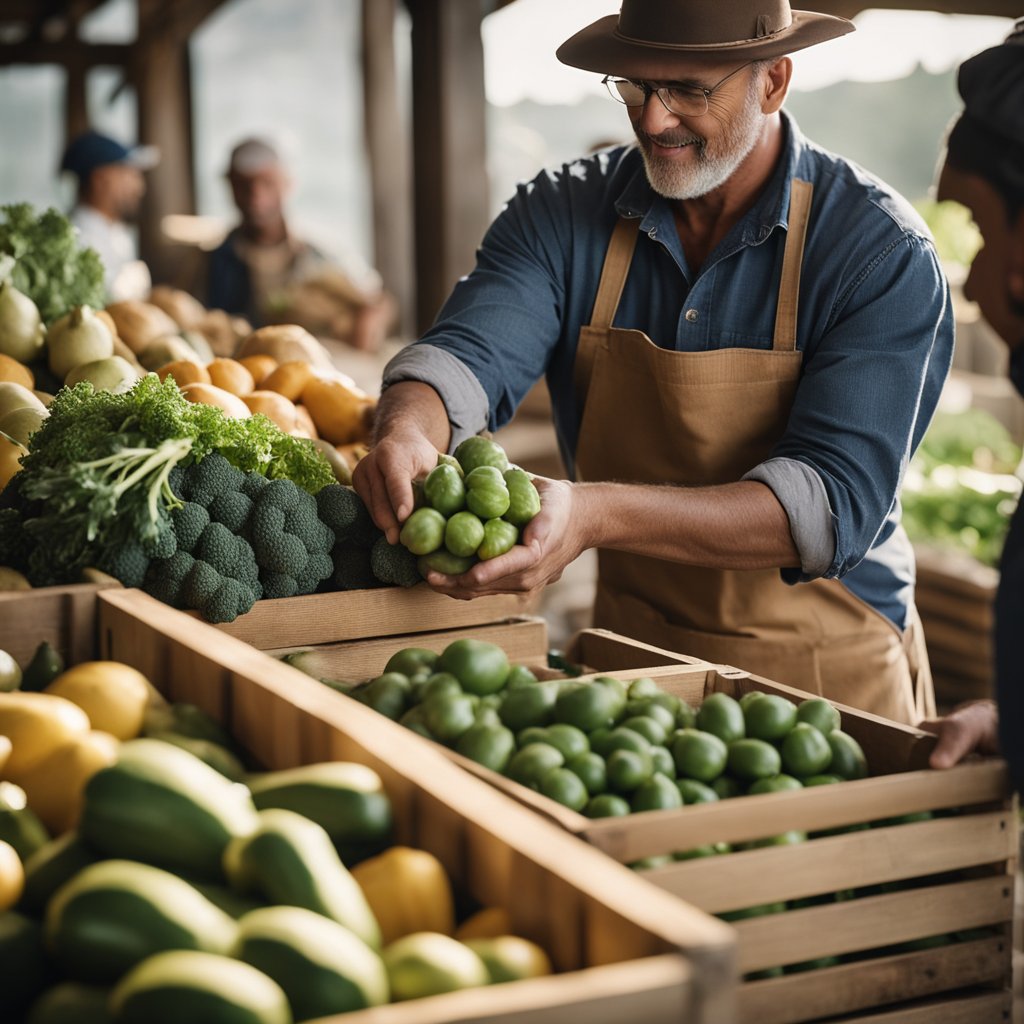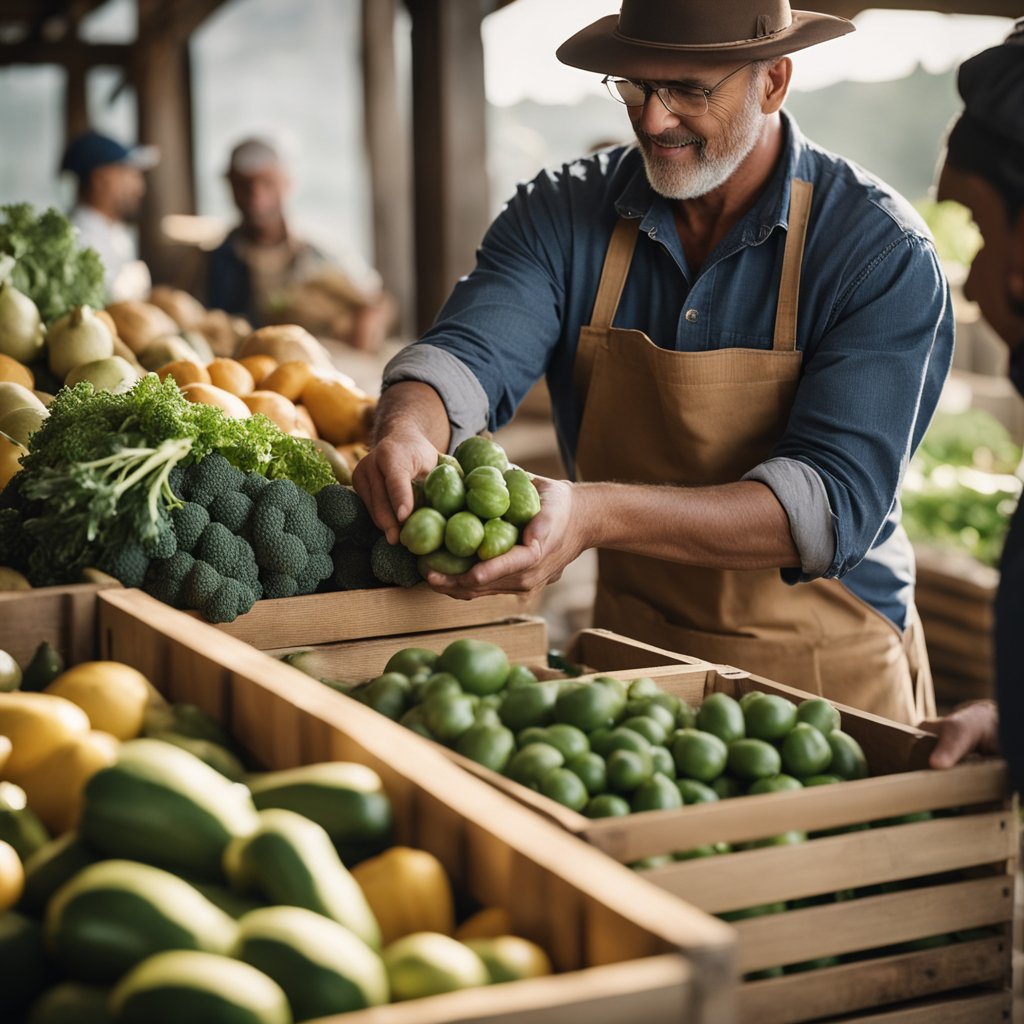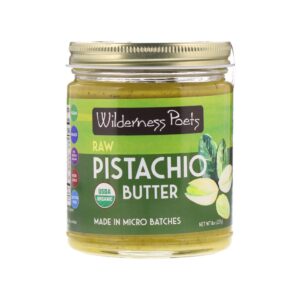
When it comes to the food we eat, more and more people are looking for options that are fresh, sustainable, and support local communities. This has led to the rise of the local food movement, which emphasizes the importance of sourcing food from nearby farms and producers. One key aspect of this movement is the relationship between farmers and chefs, who work closely together to bring the freshest and most flavorful ingredients to the table. In this article, we will explore the link between farmers and chefs, and the impact it has on the local food movement.
The Rise of the Local Food Movement
In recent years, there has been a growing awareness of the environmental and social impact of our food choices. As a result, many consumers are seeking out local and sustainable options when it comes to their meals. This has led to a resurgence of small-scale farms and producers who are dedicated to growing and raising food in ways that are both environmentally friendly and humane.
One of the key principles of the local food movement is the idea of “farm-to-table” dining, where restaurants source their ingredients directly from local farmers and producers. This not only ensures the freshness and quality of the food, but also supports the local economy and reduces the carbon footprint of the food supply chain.
The Relationship Between Farmers and Chefs

Central to the success of the local food movement is the strong relationship between farmers and chefs. These two groups work together closely to bring the best of what the region has to offer to the table. Chefs often visit farms to see how the food is grown and to develop a better understanding of the ingredients they are using. This direct connection allows for collaboration and innovation, as chefs can work with farmers to plan and grow specialty crops that are tailored to their menu.
For farmers, working with local restaurants provides a reliable market for their products, and allows them to build relationships with the chefs who are serving their food. This level of trust and communication is essential for both parties to succeed, and often leads to long-term partnerships that benefit everyone involved.
Case Studies
Blue Hill at Stone Barns
Located just outside of New York City, Blue Hill at Stone Barns is a restaurant that is renowned for its commitment to the local food movement. The restaurant is situated on a working farm, and is deeply connected to the land and the food it produces. Chef Dan Barber works closely with the farmers at Stone Barns to develop a menu that reflects the seasonality and diversity of the farm’s produce. This close collaboration between the kitchen and the farm has resulted in a dining experience that is truly unique, and has helped to set the standard for farm-to-table dining.
Chef Alice Waters
Alice Waters, the iconic chef and founder of Chez Panisse in Berkeley, California, has been a pioneer of the farm-to-table movement since the 1970s. She has long championed the idea of sourcing food directly from local farmers and producers, and has played a significant role in popularizing this approach to dining. Waters’ close relationships with local farmers and producers have been instrumental in shaping the restaurant’s menu and ethos, and have set an example for chefs and restaurants around the world.
The Impact on the Local Food Movement
The collaboration between farmers and chefs has had a significant impact on the local food movement. By working together, they are able to showcase the diversity and quality of local ingredients, and to highlight the skill and dedication of the people who grow and produce our food. This direct connection between the source of the ingredients and the dishes served at the table helps to build a sense of community and appreciation for the food we eat.
-
- Increased demand for local, seasonal ingredients
-
- Support for small-scale farmers and producers
-
- Reduction of food miles and carbon footprint
-
- Greater transparency and traceability in the food supply chain
Summary
The link between farmers and chefs is a crucial aspect of the local food movement. Their close collaboration has helped to shape the way we eat and think about food, and has brought attention to the importance of knowing where our food comes from. By working together, farmers and chefs are able to showcase the best of what their region has to offer, support local economies, and provide consumers with fresh, flavorful, and sustainable dining options.
As the local food movement continues to grow, it is clear that the partnership between farmers and chefs will remain a driving force in shaping the future of the food industry. Their dedication to quality, sustainability, and community is a testament to the power of collaboration and the positive impact it can have on our food system.
Scroll through our section of farm products at the Farmlike platform to explore farm products nearby or notify a farm to showcase their products on our platform. Much appreciated!
 Docs
Docs
 Support
Support




















 Home
Home  Whishlist
Whishlist  Cart
Cart 

















